Peer Recovery support group playing a numbers game to stay afloat

By Kelly Terpstra, kterpstra@charlescitypress.com
Whether it’s a sympathetic ear that listens to how his day unfolds or fitting that last missing piece into a jigsaw puzzle, Lenny Fuller has found an outlet.
He’d hate to see that bond broken.
Fuller, along with his wife Michelle, have been hanging out in the front portion of the Jordan River Food Bank over the last couple of weeks. There, they’ve created holiday decorations together, built growth-fostering relationships and formed a connection with the local Peer Recovery Zone support group in Charles City.
“I’m here doing this craft stuff. Does it look like I do crafts?” laughed Lenny, after he finished writing a Christmas list of things he wanted for the holidays. “We enjoy coming here.”
For many mental health drop-in sites in northern Iowa, it’s been tough keeping numbers up to justify the cost of keeping the doors open to offer help to those struggling with depression, suicidal thoughts or substance abuse.
“Right now we’re doing a strong promotion to get the word out so people know that we’re here and what we provide. We need to get our numbers up because if we don’t use it, we could possibly lose the resource,” said Shana Lair, a regional director at Plugged-In Iowa and a peer support specialist for Peer Recovery in Charles City.
The Fullers are relatively new to the Peer Recovery Zone in Charles City, which was created by Plugged-In Iowa founder Jason Orent. Orent created the outreach peer support program in 2015 and opened up the first Peer Recovery in Manchester in March 2016. Now there are 13 locations across northern Iowa that are affiliated with Plugged-In Iowa.
Peer Recovery was opened in Charles City in September 2018 and its hours run from 1:30 p.m. until 5:30 p.m. on Tuesdays and Thursdays. The closest PRZ to Charles City is in Mason City. Orent says on average, two to four people use the resource in Charles City on a daily basis.
“What it comes down to is we’ve got a lot of services that are competing for money. With this being taxpayer money, they always want to go for the ones that are performing well,” said Orent, who is co-director of Plugged-In Iowa along with his fiancé Krista Prior. “We do have some flexibility and leeway, but eventually they’re going to say, ‘this is taxpayer money and if we’re not getting a return on it, we got to do something else.’”
Plugged-In Iowa is funded entirely by the government. The state program is paid for by County Social Services through the Iowa Department of Human Services.
Peer Recovery offers services to anyone who may need help getting connected with housing, food, clothes and other basic needs. Having those resources and services available can help aid in the recovery process.
The Peer Recovery support system turned Orent’s life around, he said.
Orent was an alcoholic for more than 20 years, suffered from a major depressive disorder and anxiety. He said he’s also a felon, but he took the steps to stop his downward spiral and succeeded.
“I started to really focus on mental health and my addiction. I really focused on my recovery and I did it,” said Orent. “I didn’t have peer support. That’s what got me into recovery. I wish I had because then maybe I wouldn’t have suffered as many years as I did.”
Orent said there are a number of reasons why attendance is low at his Peer Recovery Zones throughout Iowa. Lack of transportation, Medicaid reimbursement and the stigma of dealing with mental health issues in a smaller community can be enough to keep people from seeking help.
“We’re in some small areas and people get nervous if somebody sees me walking into this place and they’re going to think I’m crazy or whatever,” said Orent. “It’s a judgment-free zone. We’re not going to hear anything that we haven’t heard before.”
Orent has recently opened up two Peer Recovery Zones in Waukon and Cresco. His attention has shifted from hiring staff and finding space to open up recovery zones to marketing and advertising. He’s on a mission to get the word out to communities and help facilitate change that can positively influence somebody’s well-being.
“We’re still really young in the process. It’s tough to get our name out there,” said Orent. “There’s been a vacuum of leadership for peer support in the state. We kind of wanted to fill that. It’s really hard.”
Some people are amazed to discover that Peer Recovery Zones exist.
“They think it’s great and everything else. But we never see the numbers reflected,” said Orent.
Lair sees the desire by some people to attend Peer Recovery to get some help, but many never follow through.
“There’s a lot of people that say, ‘Wow, that’s great. We need it here.’ But then I don’t have the numbers to prove it,” said Lair.
Orent said a big part in seeing numbers increase for the peer support services is for anyone struggling to just grab the door handle, open the door to one of his offices and give it a try.
“I think the big thing for us is, once people show up a couple times, they’re usually hooked. It’s just that initial getting them in the door,” said Orent.
Lair is excited to see what the future holds for Peer Recovery in Charles City.
“We help each other. We just provide a neat, secure community for one another,” said Lair. “I’ve been here a year and I have no plans to leave. My heart and soul is just truly into helping people feel accepted.”
Orent said one need not look any further than Lair’s positive transformation to see another great success story that might not have been possible without Peer Recovery.
“What’s important about peer support is the people that are there to help are people that have been there,” said Orent. “It shows that recovery is possible. Shana is a good example of recovery.”
Lenny said he has helped out at the Jordan River food pantry for a couple years now and he hopes he will still be able to spend time in the front portion of the building at Peer Recovery. He said Lair has already made a difference in his life as well as Michelle’s.
“She opened her arms and has been nice to us. She makes me feel very welcome and very inviting,” said Lenny. “There’s no pressure. We’re here for her and for our community.”
Peer Recovery is located in the front office of the Jordan River Food Church Food Bank at 102 N. Main in Charles City.


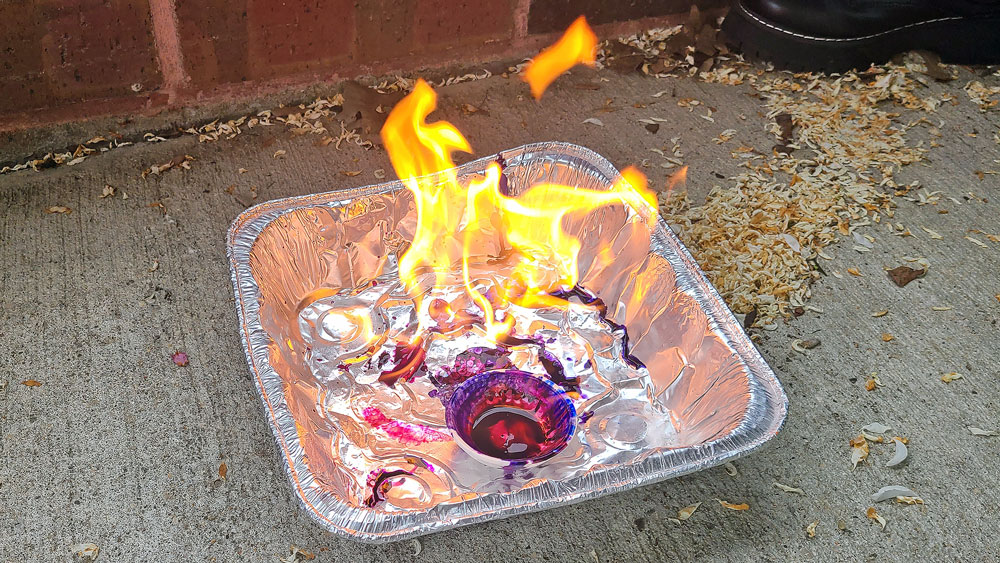
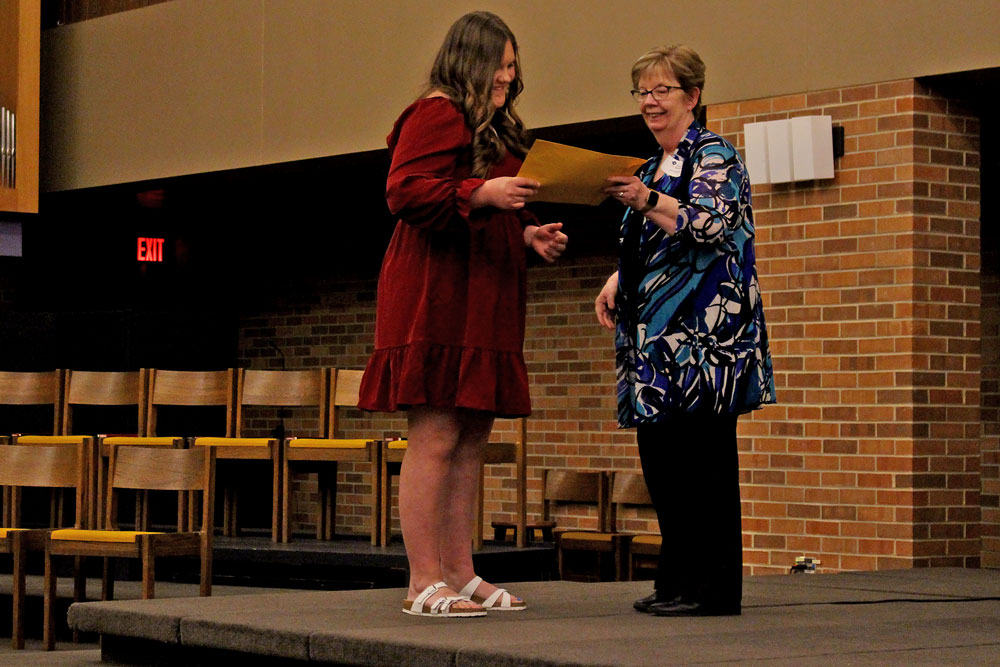
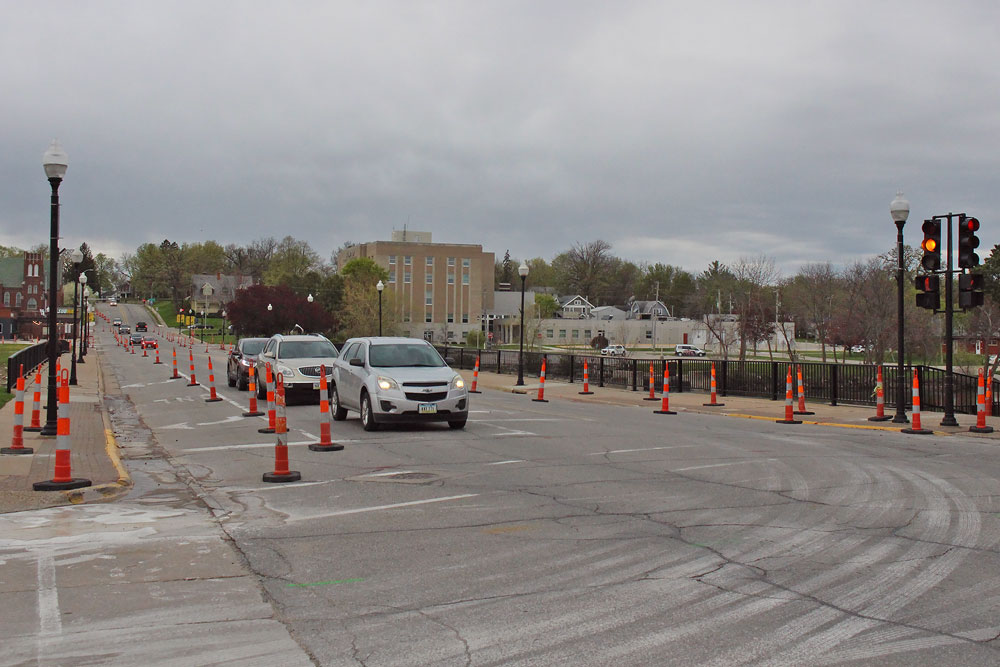
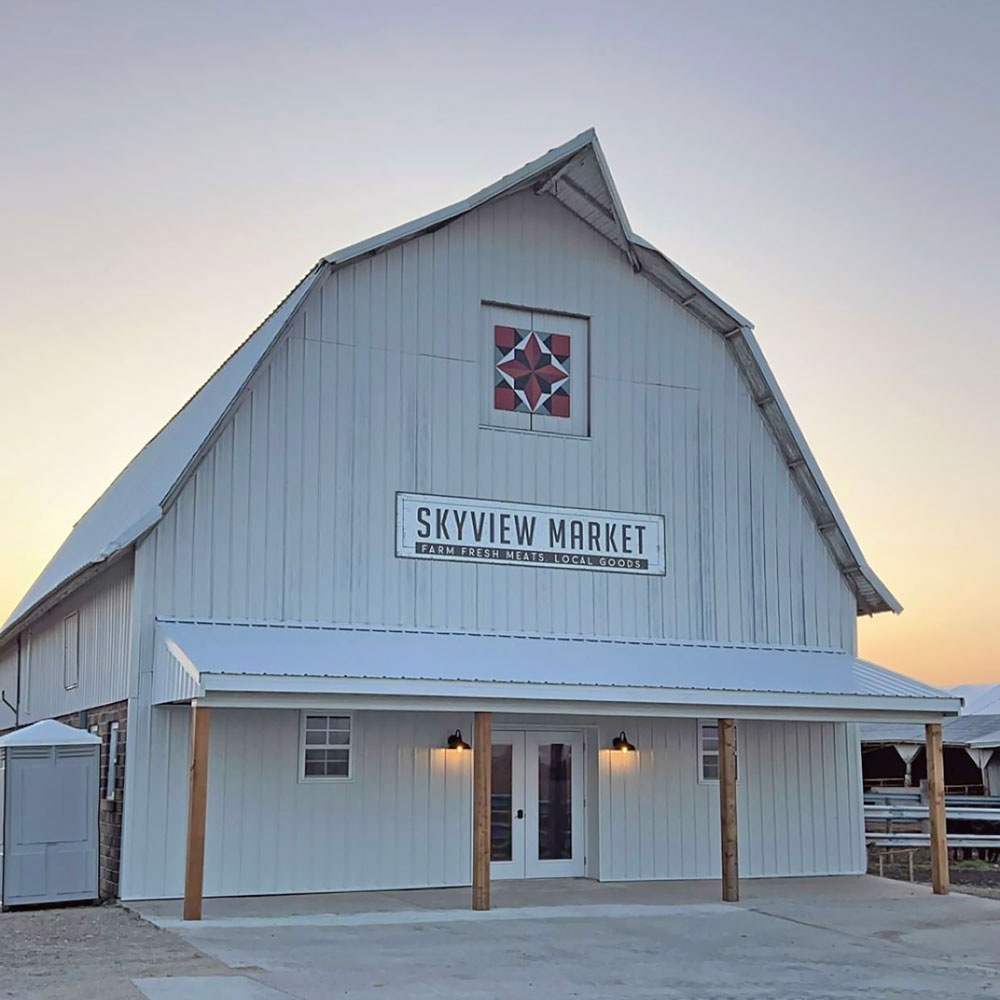
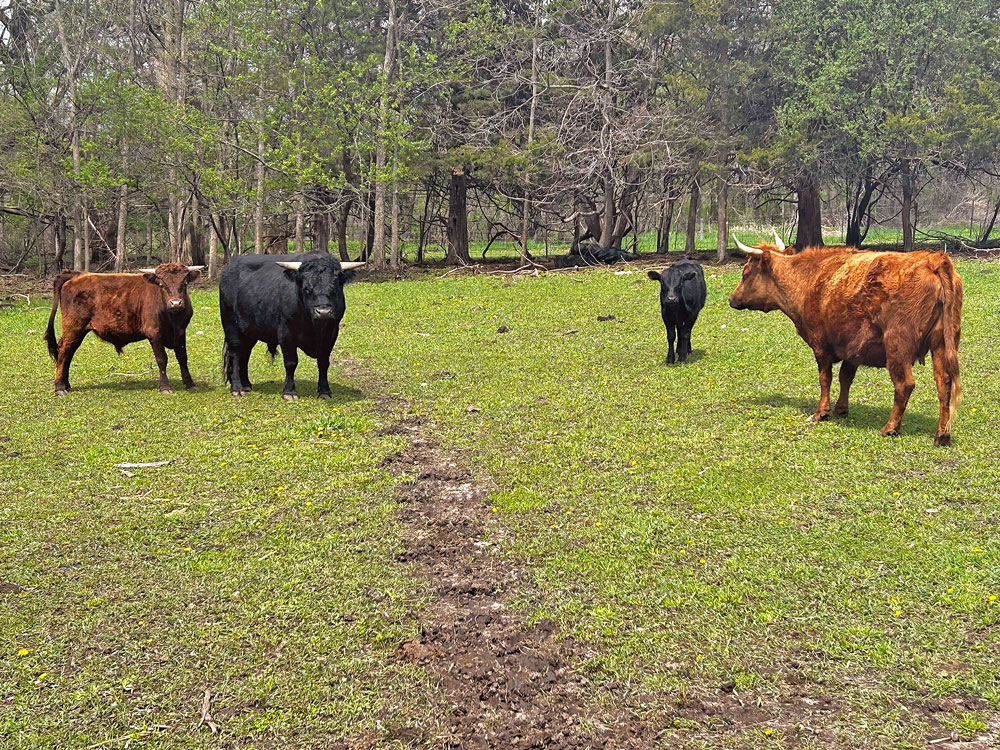


Social Share